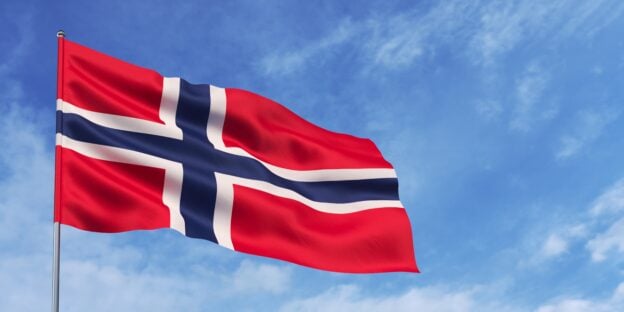Inspenet, July 9, 2023.
According to a report by The Independent, phosphate deposits valued at 70 billion tonnes have been confirmed in Norway. This discovery was made in 2018 by Norge Mining and exploration of the site has recently confirmed the size of the deposits, which is just below global phosphate reserve estimates of approximately 71 billion tonnes according to the US Geological Survey.
Phosphate is a critical component in the agricultural supply chain, as 90% of the mineral mined is used to make fertilizer. In recent times, phosphate has also found utility in lithium-ion batteries that power electric vehicles and energy storage systems.
Although the world is looking for more sustainable technologies, the limited availability of phosphate is considered a major obstacle to its use. Rising geopolitical tensions aren’t helping either, with regions like the European Union relying on imports to meet their phosphate needs.
Norway’s huge phosphate deposit
According to US estimates, the main phosphate deposits, totaling around 50 billion tons, are in the Western Sahara region, followed by China with 3.2 billion tons and Egypt with 2.8 billion tons.
The discovery of new phosphate deposits in Norway will come as a great relief to Western nations, whose more sustainable activities could be affected if producing countries raise tariffs or impose export restrictions.
Supply disruptions have already been experienced following Russia’s invasion of Ukraine last year, and the European Union considers phosphate a “critical” if not a strategic raw material.
The Norwegian Geological Survey initially estimated that the deposits extended to about 300 meters below ground. However, during the exploration phase, Norge Mining drilled in two areas and found that the deposits extended deeper than 4,500 meters (14,700 feet).
Currently, available technologies do not allow drilling to depths of 14,000 feet, so the mining company has decided to only evaluate deposits that are at a depth of almost 5,000 feet (1,500 meters), which represents approximately one third of the volume total.
Based on these figures, the company estimates that the region has phosphate reserves of around 70 billion tons, slightly less than world reserves.
News in phosphate extraction
However, the challenge of extracting the mineral does not lie in technology, but in the politics of the region. Phosphorus mining is a carbon-intensive process and Europe has avoided processing the mineral due to the pollution it generates.
This is one of the reasons why phosphorus refining industries are currently located in countries like China, Vietnam and Kazakhstan, where regulations are less stringent. Although phosphorus can contribute to the electrification of transport and the conversion of solar energy into electricity, its production is not environmentally friendly.
Therefore, Norge Mining is exploring techniques such as carbon capture and storage to reduce emissions during the process. The recent discovery is an opportunity for Europe to demonstrate its ability to meet the most stringent environmental standards in the mining industry, strange as that may sound.
In addition, the deposits also contain vanadium and titanium, minerals with clean applications in the energy and aerospace fields, respectively.
Now it is up to the Norwegian and European Union governments to grant the necessary permits for the extraction of these minerals, which could be used in the manufacture of batteries and solar panels for the next 100 years.
Source: https://www.worldenergytrade.com/metales/otros-metales/enormes-yacimientos-fosfato-noruega-19123

